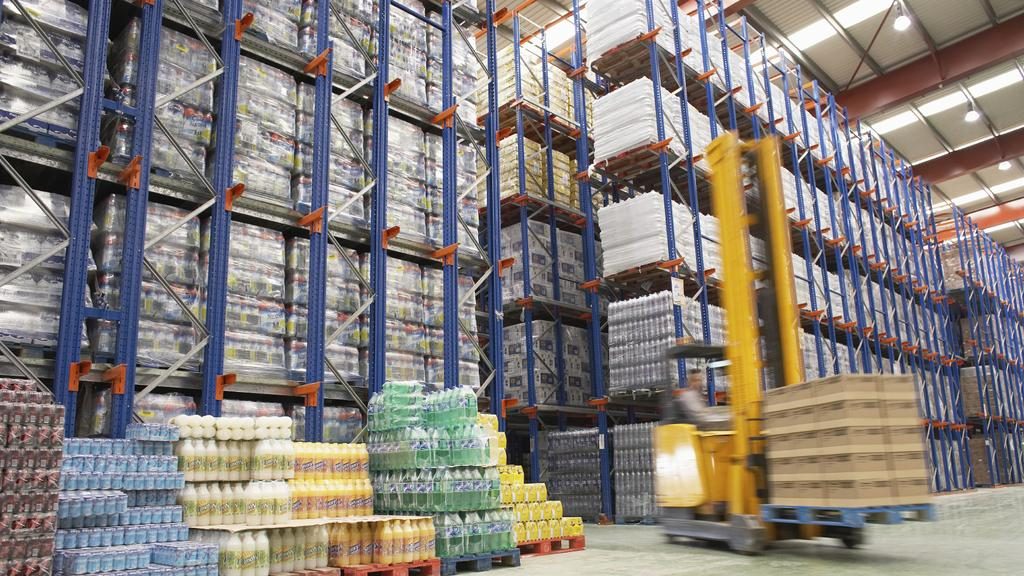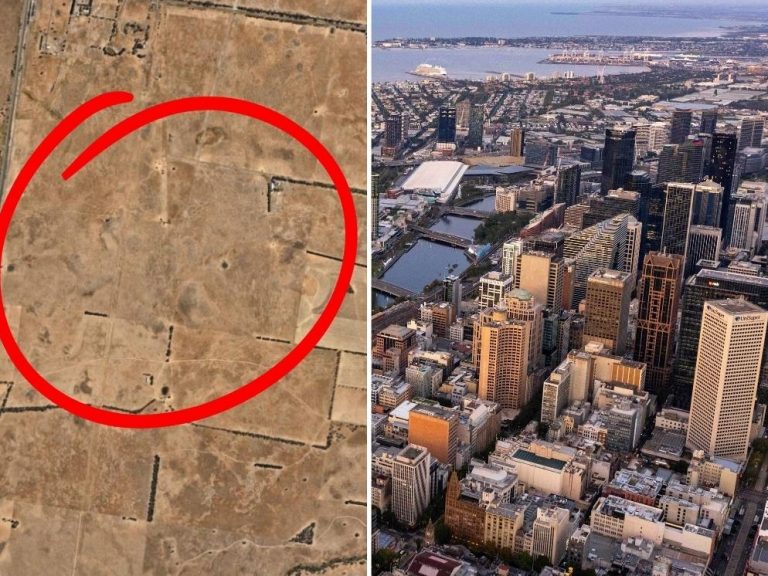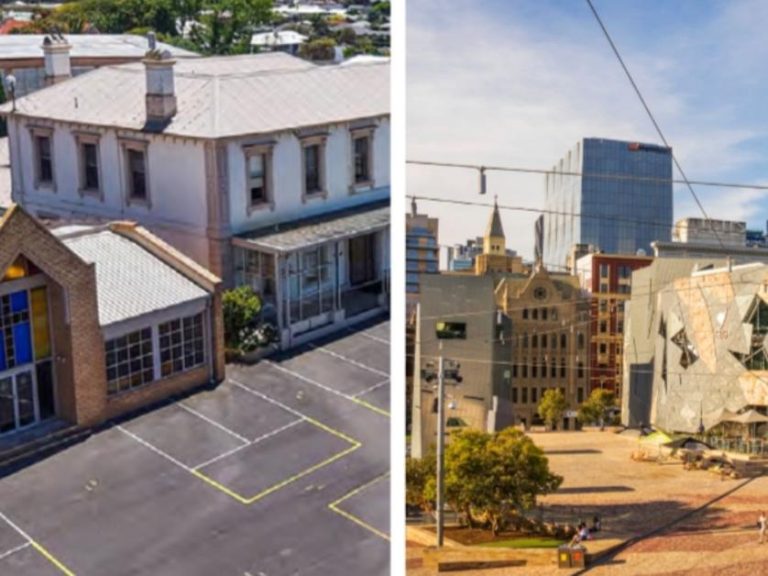Why industrial could be Victoria’s new darling

Victoria’s stay-at-home shoppers are set to make industrial warehouses in Melbourne’s western suburbs even hotter property than their own homes this year.
Moody’s Investors Service has tipped the city’s industrial real estate — particularly tech-savvy distribution centres — will become increasingly prized as home-delivery services from Amazon, and grocery heavyweights Woolworths and Coles, expand.
The bullish outlook for industrial sites comes after a separate report from sister company Moody’s Analytics earlier in the year projected a 6 per cent hit to Melbourne house prices.
Commercial Insights: Subscribe to receive the latest news and updates
In a report, Moody’s Investors Service analyst Yuriy Obukh says e-commerce will be a major driver of retail sales over the next year.

Automated, tech-savvy warehousing and distribution centres are set to boom in 2019.
“So our industrial warehouses will benefit the most,” Obukh says.
Co-author Matthew Moore says automation innovations and other technological advances will lift productivity and versatility.
“The government is also investing a lot of money into infrastructure, which will ultimately improve the value of these properties,” Moore says.
Australia Post estimates online shopping revenue grew 23% in Victoria last financial year and now accounts for 8.9 per cent of retail revenue nationwide.
Moody’s tips the figure will be 14% by 2022.

Melbourne’s residential market is not expected to have a boom year in 2019.
Meanwhile, Melbourne’s residential property market lost ground in 2018 and more falls are expected for the year ahead.
Colliers International property sales and leasing director Alysia Reilly says it is time for real estate’s “poor cousin” to shine, with industrial property the “flavour of the year”.
“It’s always been the poor cousin, but now it’s the light of everyone’s life,” she says.
In the past year institutional investors such as Dexus, Frasers Property and Charter Hall splashed upwards of $100 million on warehouses and “mega sheds”.
Meanwhile, individual investors were increasingly targeting strata warehouse properties in the sub-$500,000 bracket.
“There’s been a huge increase in the amount of development in that segment of the market and there’s more in planning,” Reilly says.

Geelong has attracted a number of new warehouse construction projects in recent years.
Melbourne’s western suburbs were uniquely positioned to make the most of the trend, Reilly says.
“It’s our big-box industrial market where most of the land to accommodate these larger warehouses is located,” she says.
And an undersupply of new land for industrial use could drive further gains.
This article from the Herald Sun originally appeared as “Online shoppers to help ‘poor cousin’ industrial property shine in 2019”.






